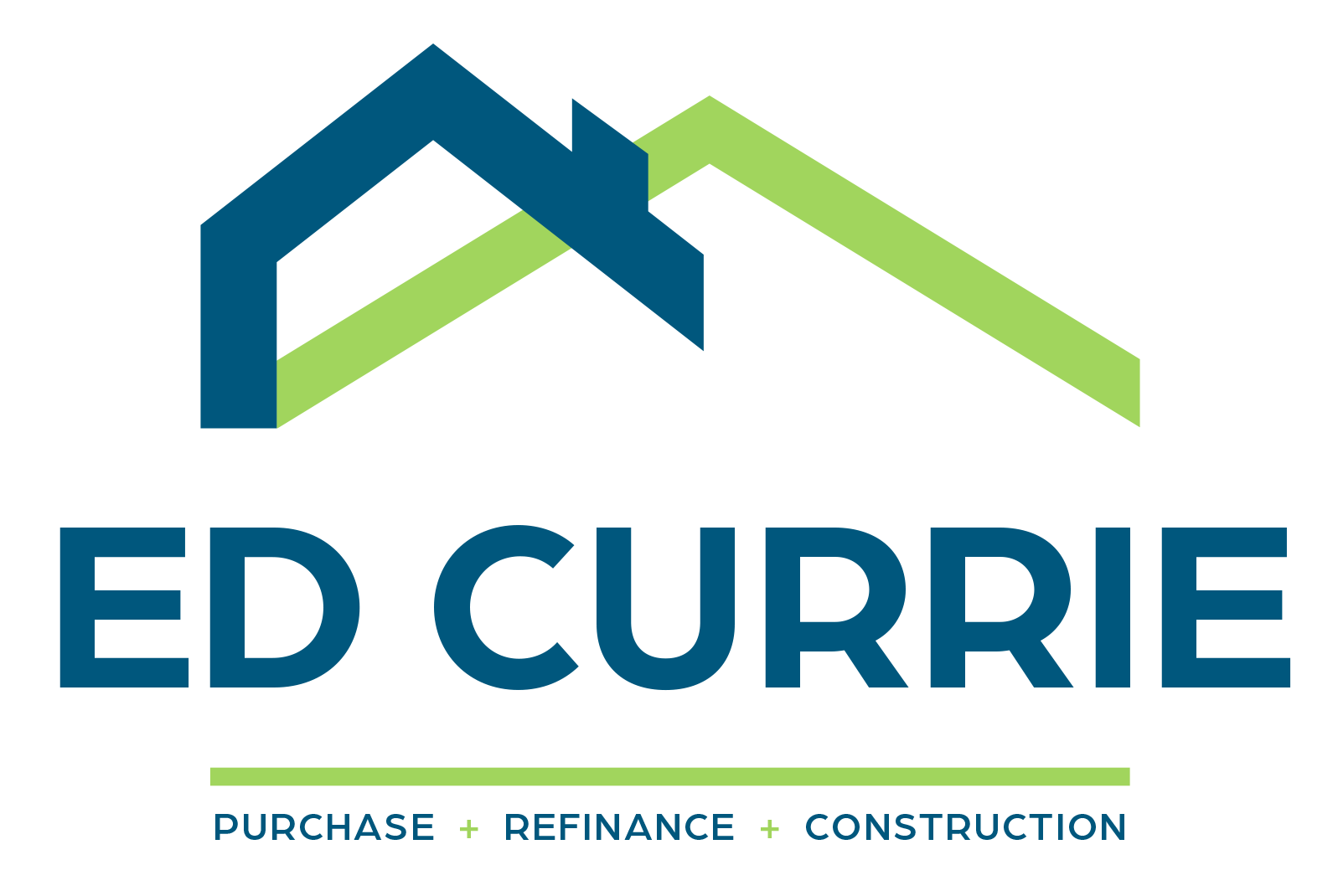
If you think you’ve sold your home, congratulations, but a word of caution: you still need to navigate the home inspection. After you have negotiated a price with your potential buyer, your property will be examined for flaws and repairs by a local inspector. Depending on what the inspector finds, the buyer may give you a list of repair requests and could even back out of the offer if the damage they find is significant enough. So, how can you ensure smooth sailing at this stage of the selling process? Here’s how.
Consider a full home inspection before putting your home on the market. If your home hasn’t been inspected in a few years, or since you bought it, you may consider having it inspected before the buyer does to clear up any potential hazards. The buyer’s inspector will take a look at things like insulation, foundation, HVAC and kitchen equipment safety, plumbing and electrical systems, as well as the state of the doors, windows, and exterior of the home. Knowing the status of these essential areas will benefit you in the long run.
Talk with your agent about any damage you know about in advance. Being upfront about the flaws in your home and what you’ve done to remedy them in the past can reduce any surprises on inspection day. This shows you off as a proactive homeowner, and is information your agent needs to help you get the best offer.
Communicate with your buyers each step of the way. Each buyer is different, and some may prefer to deal with the repairs on their own, rather than having you do them, so make sure to communicate upfront. Additionally, the buyer may want to simply negotiate a monetary credit rather than go through the hassle of repairing before they move in, but you won’t know until you ask.
Don’t be afraid to negotiate. There is always the potential that you may foot the bill for the flaws the inspection finds, or that your buyer might back out of the deal if they find unsatisfactory defects. Having an inspection report of your own can help you in some of these cases, and keeping the lines of communication open throughout the process will hopefully alleviate any shock from both sides.
In the end, if you’ve gotten to this stage in the buying process the other party is clearly interested in your home, and it’s usually a matter of crossing a few T’s and dotting a few I’s. Stay calm, be open about what you know, and hopefully you’ll have your house sold in no time!
Do you need help securing the best rates for your new mortgage? Certified Mortgage Planner and Construction Loan Expert Ed Currie has been assisting clients with mortgage financing since 1994, and has seen the home buying process from every perspective. If you are selling your home, in the market to buy one, or just have mortgage questions, contact Ed Currie today.
For more tips and our latest updates, check us out on Facebook, Twitter, LinkedIn or Pinterest!




![EdCurrie_Logo White[Transparent] EdCurrie_Logo White[Transparent]](https://edcurrie.com/wp-content/uploads/elementor/thumbs/EdCurrie_Logo-WhiteTransparent-qybu3sjgpfhje9098uitv7fpt7os2hgn52gfy6ocx4.png)